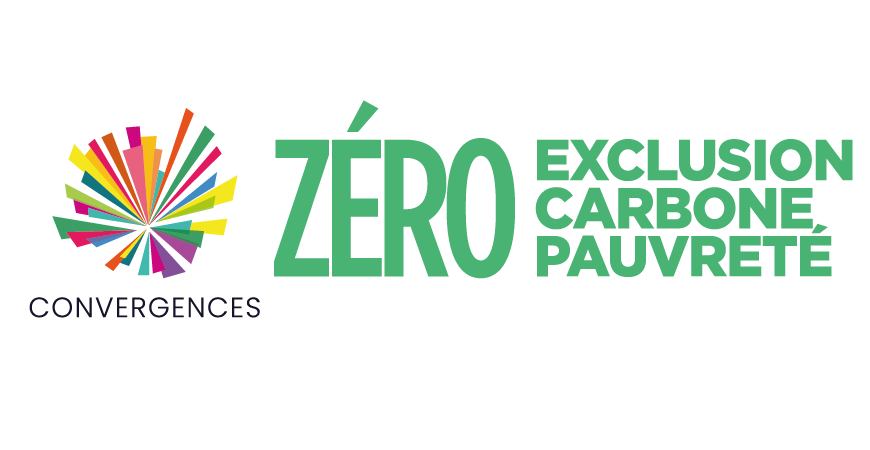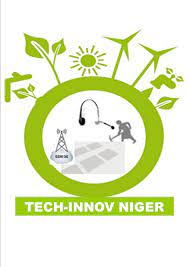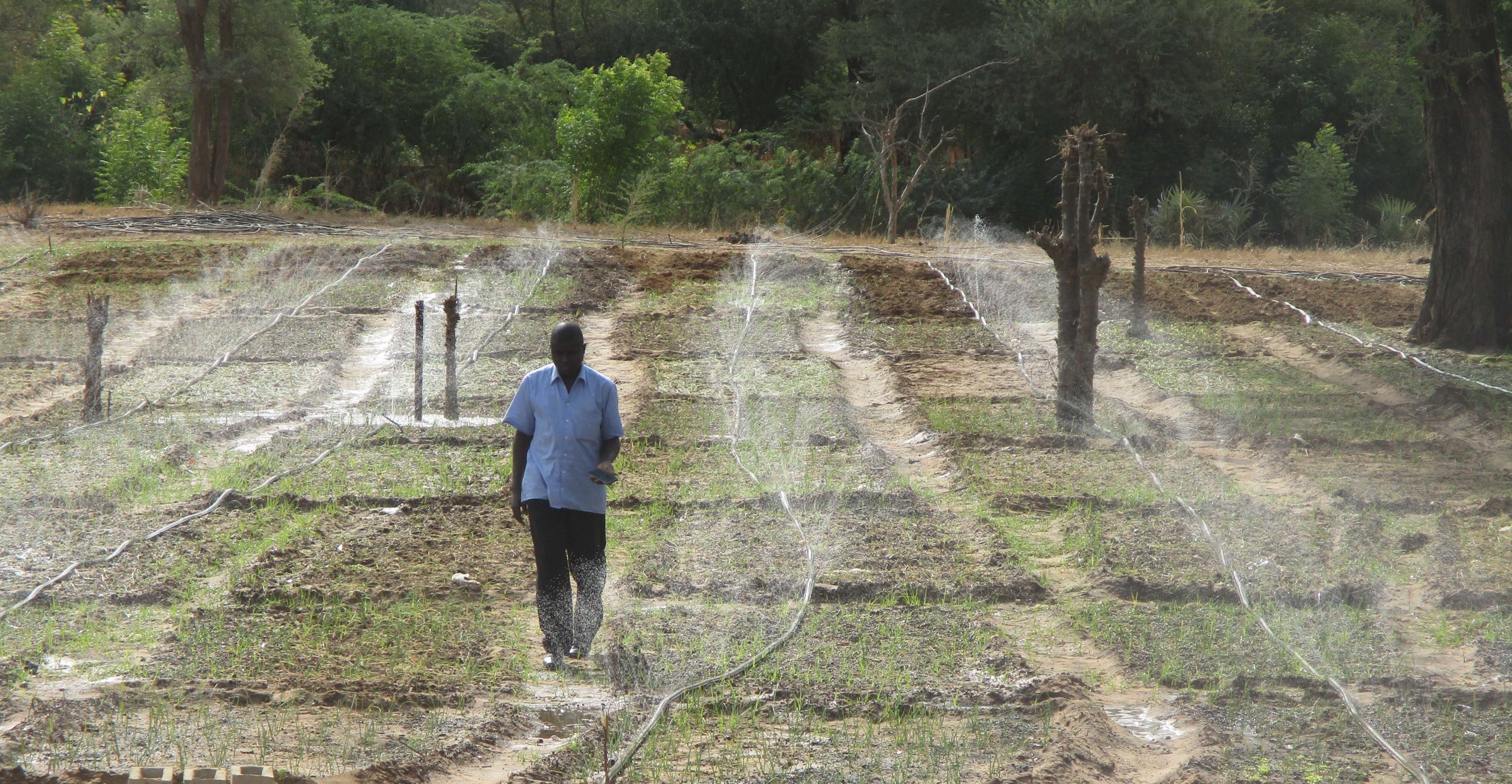
The share of agricultural production in the percentage of GDP in Sub-Saharan Africa is estimated at 16.7%. In Niger, this value reaches 37.8%, making this country a territory highly dependent on income from the land. With nearly 80% of its population living in rural areas, agriculture therefore represents a strategic economic sector for the country. The economic consequences of climate change, which lower yields, thus accelerate the precariousness of populations, in particular young people and women, whose incomes depend on the quality of harvests from one year to the next. Maintaining a sufficiently high level of yield is therefore an important issue of resilience for these vulnerable populations. Faced with this observation, the social enterprise Tech Innov offers easily applicable solutions for the digitalization of agriculture to optimize yields in the villages of Niger.
“In this field, there are three actors: the plant, the soil, and the farmers. Our goal is to get them talking,” says Abdou Maman Kane, founder of Tech Innov. In this region of the world where women have an 85% chance of being in precarious employment and are often excluded from financial services, Tech Innov develops and markets inclusive digital tools for the agricultural world.
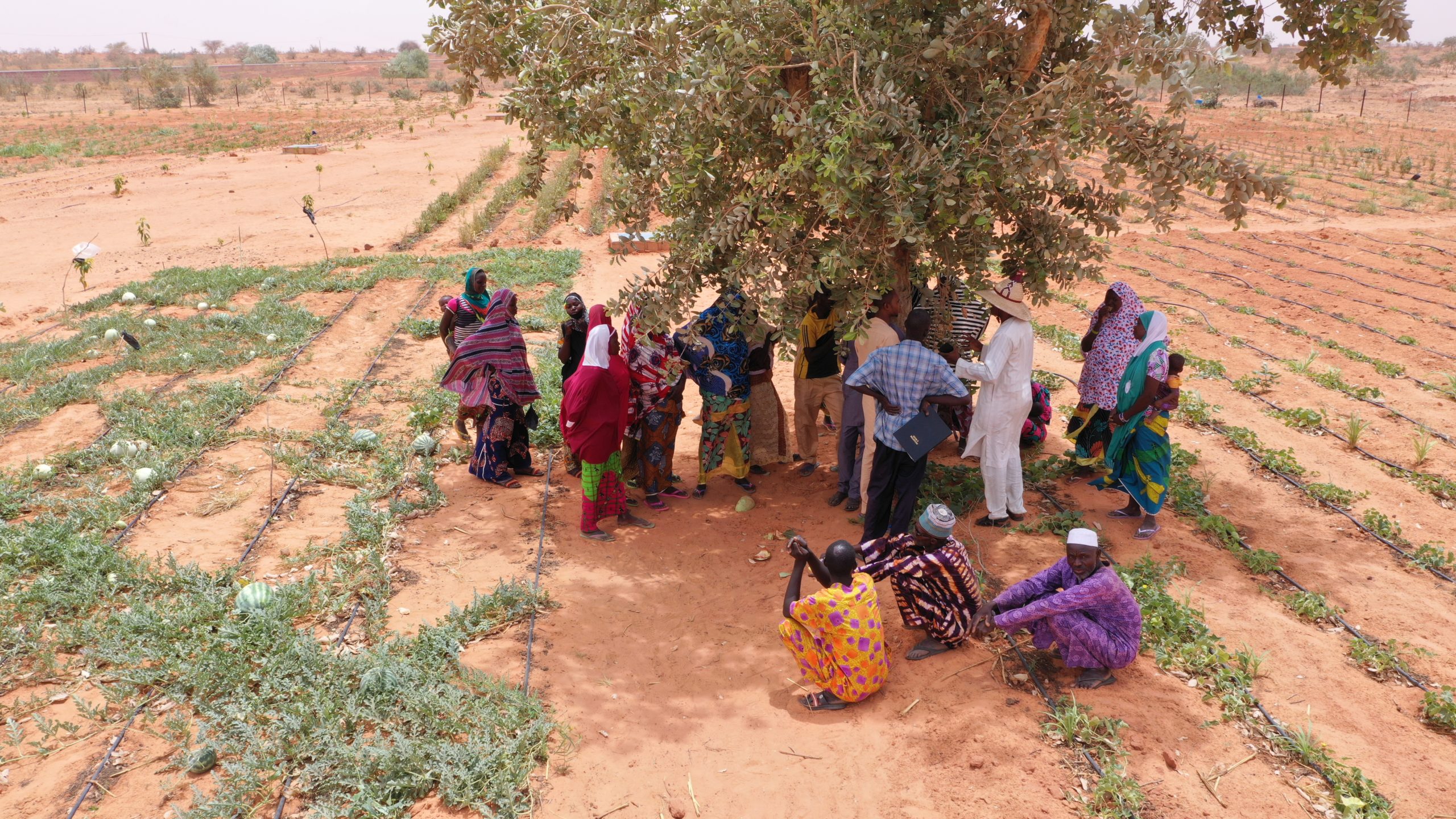
Smart biofertilizers, automatic watering, mobile weather or the discreet scanner are all tools available to farmers to better manage the resources to be used and thus optimize harvests. Tele-irrigation completes the existing range of measurement and data collection instruments by offering a remote control system for the irrigation system via mobile phone. It makes it possible to ensure the monitoring and distribution of water, an already scarce resource which, under the effect of global warming, tends to be more and more so due to the acceleration of the process of evaporation of floors.
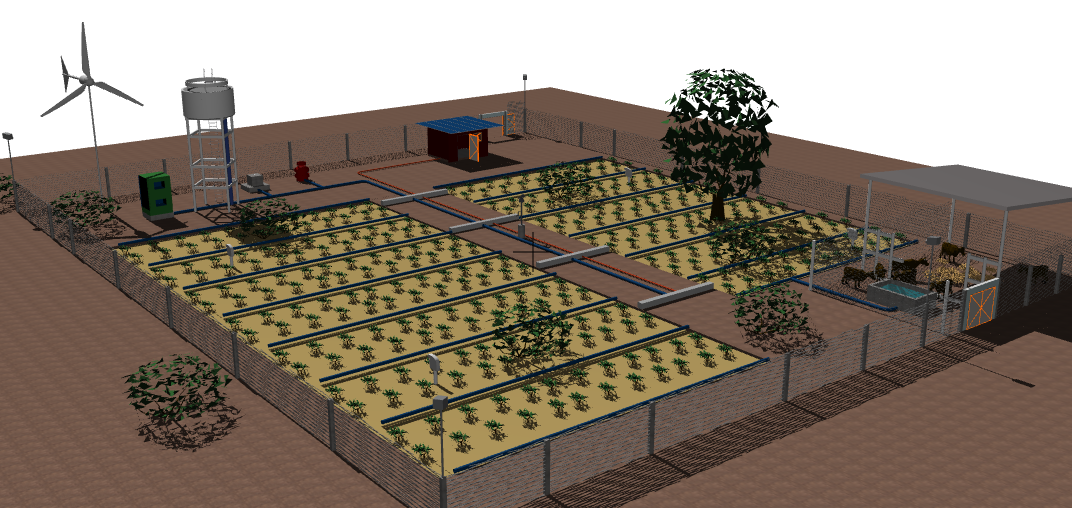
Several digital farms (FED) have already been built in the country. In the commune of Simir, located in the region of Tillabery, is Koum, a village of 2408 inhabitants located 75km east of Niamey and living mainly from rainfed agriculture. This is where Tech Innov has set up a two-hectare digital farm. The implementation of a FED includes several stages, some of which require the active participation of the inhabitants to ensure the proper coordination of the activities of the farm with those of the village, such as the preparation of the site, the installation of water sources, energy, the irrigation system and digital tools, or the development of the production chain.
During the first season, and in order to prepare the land for future harvests, it is mainly crops that offer great resistance to water stress and high heat that are selected, such as the cultivation of okra, watermelon, melon, tomatoes and moringa. Last April, and despite a difficult season, the efforts of farmers added to the performance of digital technologies enabled a good harvest of watermelons, cowpeas and peppers.
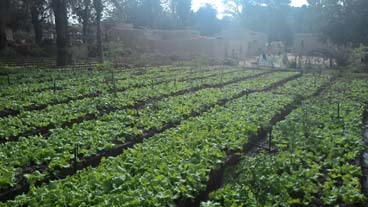
Although the cost of the equipment remains substantial (250,000 CFA francs, or €381), the water savings and excess income generated make it possible to amortize the investment after one year. Among the various positive repercussions of the increase in the cultivable area and the production surplus, let us note the possibility for young people (especially girls) to find the resources, in terms of time and money, to go to school and practice other activities that are generally less restrictive and more emancipatory.
Tech Innov in a few figures
200+ individual or collective farms equipped
60% water savings compared to conventional watering methods
80% additional income generated on average, due to the increase in productivity and cultivated area
10+ awards and distinctions received to reward Tech-Innov’s activities
